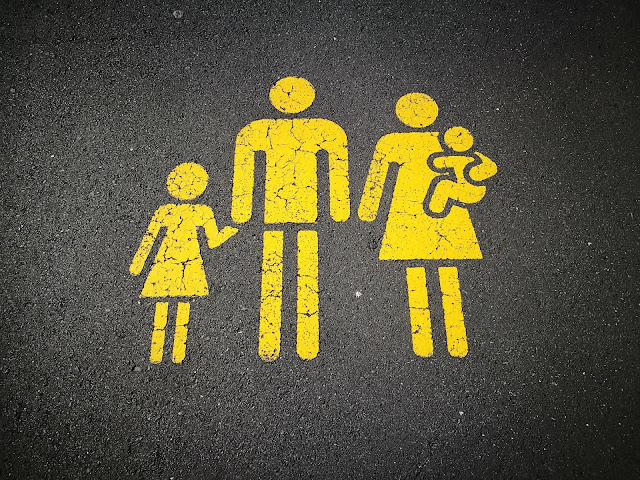Decluttering Away - A Guide To Self Care
We were often taught as kids, the phrase, ‘Cleanliness is next to Godliness’ and while back then, this was a means to promote good health and hygiene, it has also been scientifically proven to be associated with mental fitness. As the New Year dawns upon us and we look forward to new beginnings and experiences, cleaning, organizing, and decluttering are a few of the most effective ways to unwind from overwhelming thoughts and feelings. The amazing Marie Kondo says that ‘One must only keep those things that give us joy, much like our thoughts, we must keep those that make us happy and let the other negative ones pass us by. Decluttering shouldn’t just be about the things we possess but also about the physical spaces we occupy. The physical act of organizing distracts people from certain anxiety-inducing situations while simultaneously giving immediate control over one’s surroundings. Decluttering as a self-care practice is one of the most efficient practices since it requires no extra t...




